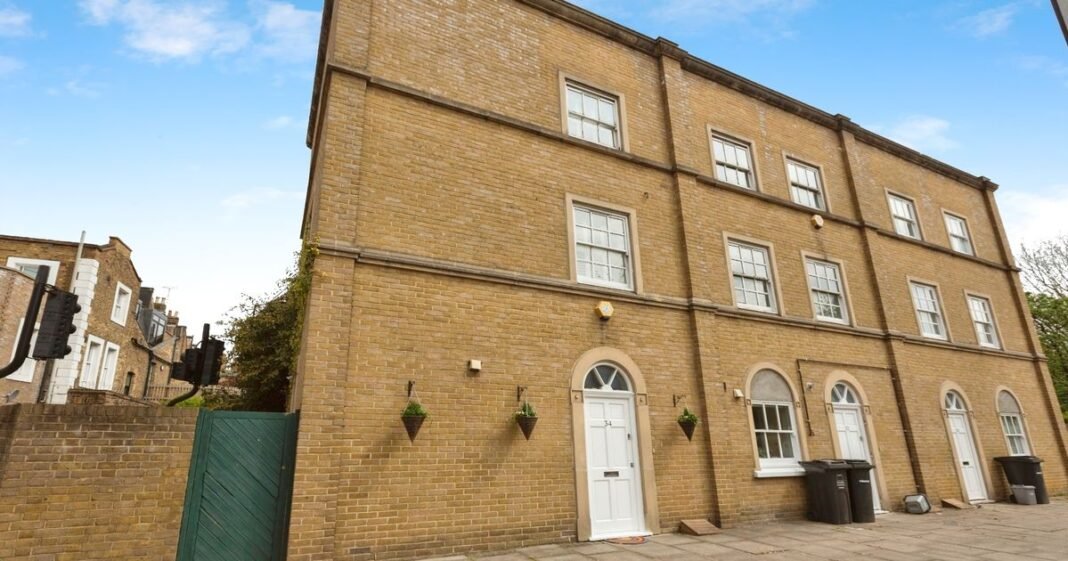Landlords are potentially facing a tax hike as part of a proposal to target income that is considered “unearned.” Officials are reportedly exploring the idea of applying national insurance (NI) to rental income to generate £2 billion. Unlike earnings from property, pensions, and savings, which are mostly exempt from NI contributions, this new proposal would subject rental income to the 8% NI rate applicable to other forms of income for employees.
The scope of taxable income could be broadened to include rental income, with insights from Labour insiders indicating that property income presents a substantial potential revenue stream and landlords represent a viable target for “unearned revenue.” The Treasury is contemplating various options for tax increases with a careful eye on not crossing the “red lines” set by Chancellor Rachel Reeves before the general election, which ruled out raising VAT, income tax, or national insurance.
Official data reveals a net property income of £27 billion in 2022-23. Introducing an additional levy of 8% could have yielded £2.16 billion. When questioned about these reports, a Government minister neither confirmed nor denied the possibility.
Stephen Morgan, education minister, emphasized that tax policies fall under the Chancellor’s jurisdiction, with detailed plans expected in the upcoming budget. He stressed the importance of aligning the budget with Labour values to support economic growth and benefit working individuals nationwide. Mr. Morgan reiterated a focus on economic expansion, foundational improvements, and national rejuvenation, delaying any concrete details until the budget announcement.
MPs and think tanks have voiced support for the proposals, highlighting the disparity in tax rates between landlords and tenants. Despite the interest in potential NI changes, the Treasury refrained from commenting, underscoring its focus on fostering economic growth.

